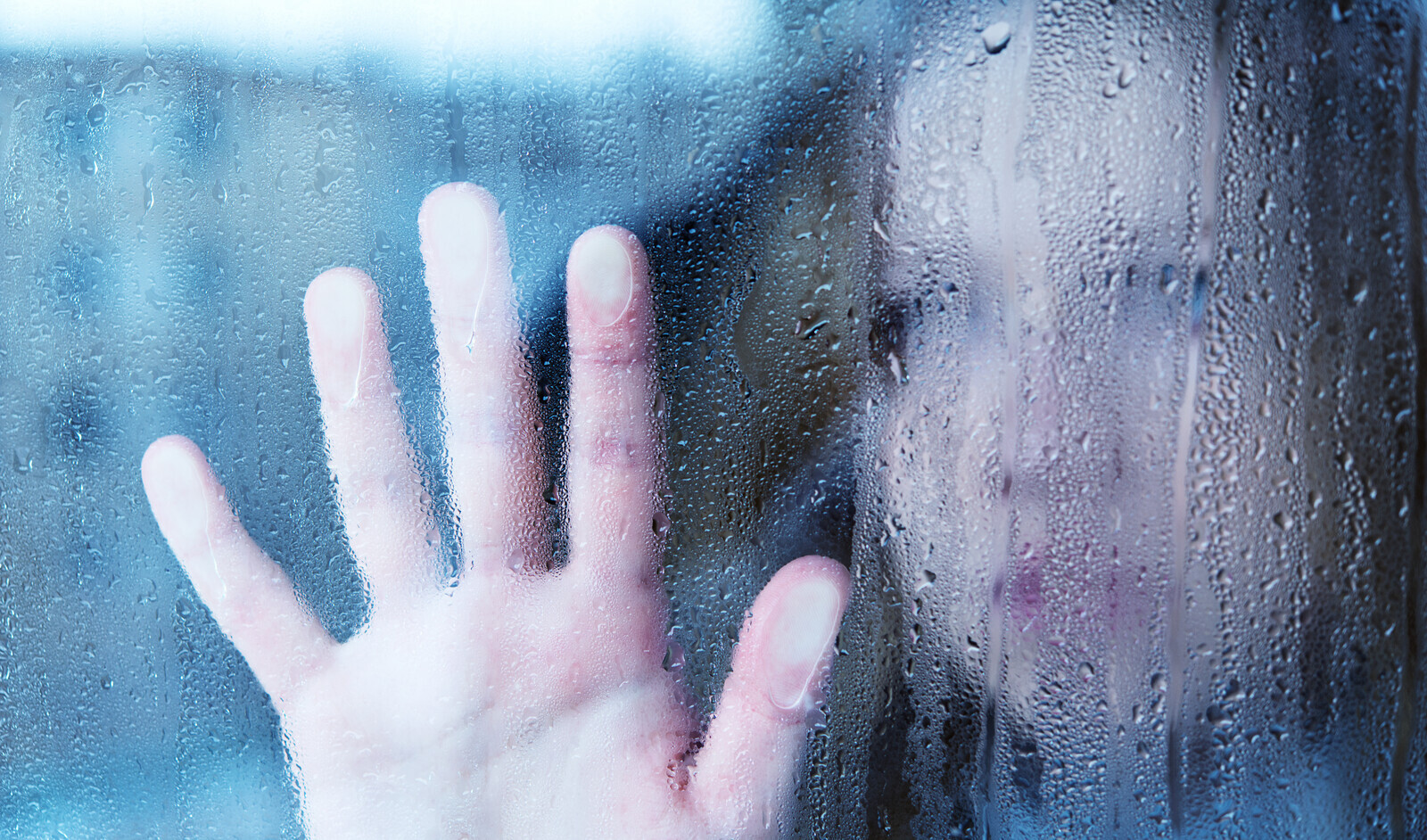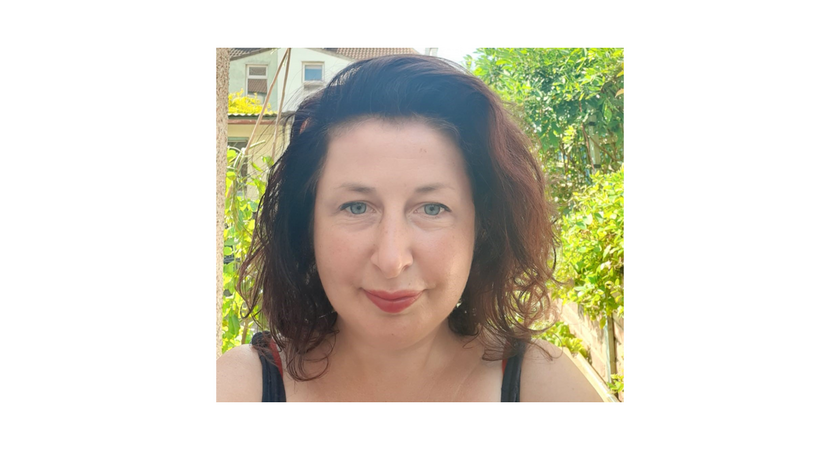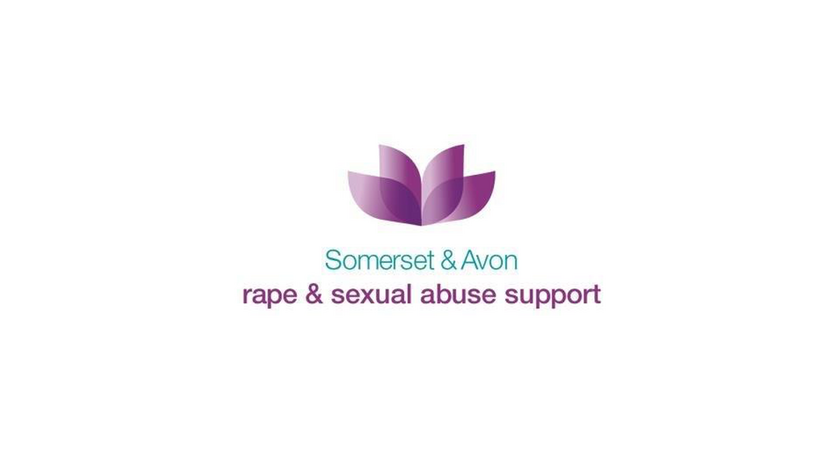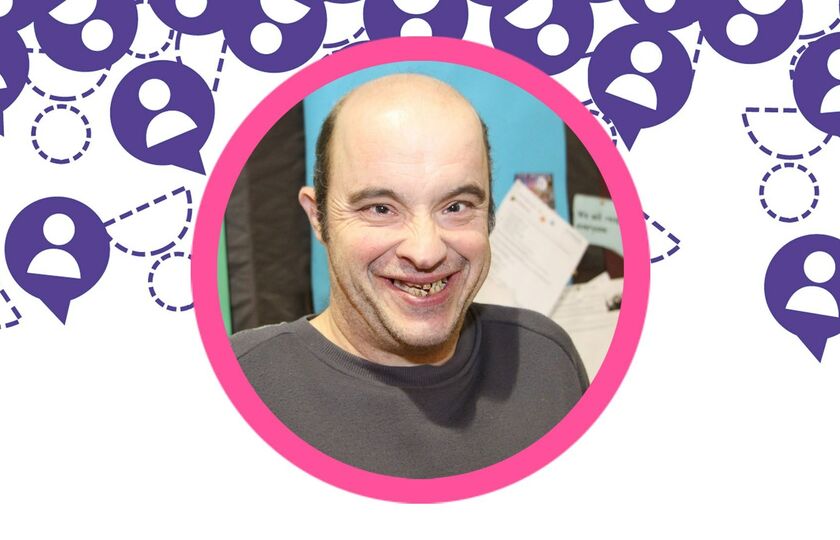Available here from SARSAS (Bristol)
Supported Loving toolkit
Sexual violence

This toolkit page is about sexual violence and how sexual violence can affect people with learning disabilities and autistic people.
We aim to give you ideas of how you might be able to support someone who has been affected by sexual violence. We will share some ways to help people cope with difficult feelings as well as practical advice.
What is sexual violence?
Sexual violence is when someone touches another person in a sexual way, when that person does not want them to. Sexual touch might include touching a person's breasts, nipples, penis, vagina, inner thighs or buttocks. It may also include when someone puts their penis into a person’s mouth, anus or vagina.
Government legislation/regulatory guidance
The Sexual Offences Act (2003) is a law that means it is illegal to have sex with someone unless the person consents. Sexual consent means an agreement to do something sexual between people, that both people understand and are happy with. People can show consent by saying they are happy to have sex or showing they are happy through body language and facial expressions.
The Crown Prosecution Service (CPS) say that consenting to sex means the person agrees by choice and has the freedom and capacity to make this choice. This law also tells us that if you give consent to one type of sexual touch, you do not have to consent to all types of sexual touch. The law says that you can stop consenting to sex or sexual touch at any time and that both people need to consent each time they are engaging in, and throughout, the sexual activity and they can withdraw their consent at any time.
A person cannot consent to sex if they are asleep, if they are drunk or have taken drugs. They also cannot consent if they do not understand what sex is or what is happening. Many people with learning disabilities and autistic people can show they have capacity to make their own decisions about having sex. For more information on the legal assessment criteria regarding capacity to engage in sexual relations, see our toolkit page on capacity.
Research
Research says that woman and children with learning disabilities can be up to four times more likely to experience sexual violence than people without a disability. Some of the reasons for this, are that people with learning disabilities might lack power in relationships. They might have low self-esteem, lack knowledge about sex because they do not get high quality sex education and are worried what will happen if they speak out. Some people might find the abuse difficult to talk about as they do not have the right words to be able to tell someone what happened.
What are the most common challenges faced by people in this area?
- Not being believed/not having the right words - People might not be able to communicate or find the right words to communicate the abuse that happened to them. How to help - It is important to provide a range of different ways to help people with learning disabilities and autistic people to talk about their abuse. This could include video, images and pictures that aid communication.
- Scared to speak out - People could feel scared to tell family members or their support staff in case they are not believed, or they might be worried about what might happen if they speak out about the abuse. They might also be dependent on family members or their staff for care and support and be worried about what might happen to this support if they tell the police. How to help - If people do want to tell the police, it might be useful to find out if the police can refer the person to have an Independent Sexual Violence Advisor (ISVA). This is a professional who will help the person go through the criminal justice system.
- Not being a ‘credible witness’ - When going through the criminal justice system, some people are told that they are not a credible witness. This can make the person with a learning disability or the autistic person feel shame around what happened to them. How to help - It might be that the person needs emotional support or counselling to be able to understand and explore these feelings.
- Isolation - Perpetrators of sexual violence may be more prone to abuse victims who are socially isolated and lack support networks. Some people with learning disabilities and/or autistic people might live in their own homes and have limited support networks or family, which mean the perpetrators thinks they may get away with abusing the person. How to help - People can be supported to make friends to extend their social circle. (See our toolkit page on friendships.)
- Lack of sex education - In the past, people with learning disabilities and autistic people might not have been encouraged to form relationships, because of this they may not have received good quality sex and relationship education. This means talking about sex and having the right language to communicate about the abuse will be very difficult. How to help - Support a person to access the information and education they need to keep themselves safe. This can be provided by a trained professional, but there are also resources support staff can use with people.
- Being treated like children - Some people with learning disabilities and autistic people can be treated like children. Some family members or professionals are scared about them being abused, so they do and say things that mean the person does not have freedom to make choices. How to help - If you want more advice about promoting safe sex and relationships, please see the other sections of this toolkit.
How best to support people to overcome the issues?
- Being patient and helping people with learning disabilities and autistic people to communicate the information at their own pace is essential.
- Listen - give the person time and space to talk.
- Believe - trust the information you are being presented with.
- Support - support the person you are working with to make choices about what they want to do next.
Watch The ROSE Project's presentation, for the Supported Loving Network, on sexual exploitation and staying safe.
Watch Sue Sharple's presentation, for the Supported Loving Network, on sexual safety, empowerment and prevention.
Do...
- if someone you support says they are being sexually abused, this must be reported. Explain to them that you need to share the information with another staff member (manager or safeguarding lead)
- reassure the person they have done the right thing to speak out.
Don't...
- ignore it or presume the person is lying/making it up
- panic - try to remain calm.
Case study
Claire experienced sexual violence from an ex-boyfriend. The case had gone to court, but they decided there was not enough evidence to convict the perpetrator of the crime.
Claire is struggling with confidence and is finding going to work in a café challenging. She feels very angry and says her boss doesn’t understand why she can’t just get over it all and move on. Claire’s mum has told support workers at her independent living accommodation that they shouldn’t let Claire out of their sight, as she is worried it will happen again.
Areas of support
Anger is a normal and understandable emotion for someone who has been sexually abused or raped. You might want to ask the person you are supporting to talk about their angry feelings and discuss ways to relax, such as listening to music, colouring in, going for a walk, socialising with a pet. If the person you are supporting would like to attend counselling, you could support them to see their GP or find local specialist services that are included in this toolkit page below.
When people experience trauma, it can make everyday living difficult, and some people with learning disabilities and/or autism might find it hard to find the right words to describe how they feel. Some people could become alert, agitated and anxious, and some may experience more depressive feelings, which can make getting back to your former life very difficult. With the person’s consent you could provide Claire’s employers with some literature, so they understand the impact of trauma. This will help the employer to understand how to support Claire during this time.
Although Claire’s mum is worried about her, putting very restrictive rules around Claire’s social life may make her angry or leave her feeling ashamed, so that she feels the abuse is her fault. Teaching Claire about healthy relationships and consent will mean she can make healthy choices about future relationships and will feel less isolated. It might be a good idea for Claire’s mum to get some counselling or support to be able to talk about the impact of what happened. Claire’s mum could be supported to find a local charity or helpline that she can talk to.
If you are worried about the person who committed the rape or sexual abuse coming to the house of the person you support, you can apply for an occupation order. If you are also worried that the person who committed the sexual offence might approach, harass or stalk the person you support, then you can apply for a non-molestation order. Both these laws are called injunctions and if you have a solicitor or an ISVA supporting the person through the criminal justice system, you may wish to speak more to them about how to put these injunctions in place.
Top tips
- Reassure the person, they have done the right thing by speaking about the sexual violence.
- Reassure the person that it is not their fault.
- Ask the person if they want to tell the police. If it is a recent event, explain they may need to have a forensic examination.
- Are they safe now? Think about what you need to do to help facilitate safety.
- What local support services are available for this person?
- Do they want counselling or therapy to process some of their feelings about what has happened?
Report it
If you think that sexual abuse is taking place, tell your line manager immediately. Report it to your local safeguarding team.
If someone is in danger, report it to the police via 999.
Georgina Huntley and the Somerset and Avon rape and sexual abuse support.
A rape crisis centre in Bristol that provides specialist support services to women in Bristol, Somerset and Bath who have experienced rape and sexual abuse. They currently provide a specialist service for women with learning disabilities and autistic women.
The views expressed in the Supported Loving toolkit are not necessarily those of Choice Support.
Resources
Easy Read Self Help Guide for people who have experienced sexual abuse
Easy Read Guide to Sexual Consent
Available from Change and SARSAS (Bristol)
Helping Each Other- ARC
Helping Each Other was an ARC project where young people with learning disabilities, who have experienced sexual exploitation, became peer trainers, and delivered awareness sessions other young people with learning disabilities.
As part of the project, materials were developed that can be used independently to raise awareness about sexual exploitation with people with learning disabilities. Download them here
Respond
Respond is a national charity providing therapy and specialist support services to people with learning disabilities, autism or both who have experienced abuse, violence, or trauma.
Rape Crisis England & Wales
Rape Crisis England & Wales is the umbrella body for a network of independent Rape Crisis Centres. All their member centres provide specialist support and services for victims and survivors of sexual violence.
Ann Craft Trust
Expert advice about safeguarding adults and young people at risk.
Easy Read Self Help Guide for people who have experienced sexual abuse
Produced by Cambridgeshire & Peterborough Domestic Abuse & Sexual Violence Partnership (DASVP) - available here
Cambridgeshire DASVP are happy to send Word versions out if you want to add your own details, as long as you credit Cambridgeshire DASVP. Please contact: amanda.warburton@cambridgeshire.gov.uk
Visiting a sexual assault referral centre
Made by the NHS this video shows you what happens when you visit a sexual assault referral centre
Supporting victims/survivors of sexual violence and abuse.
Guidance for professionals working with people with Learning Disabilities by Lime Culture







